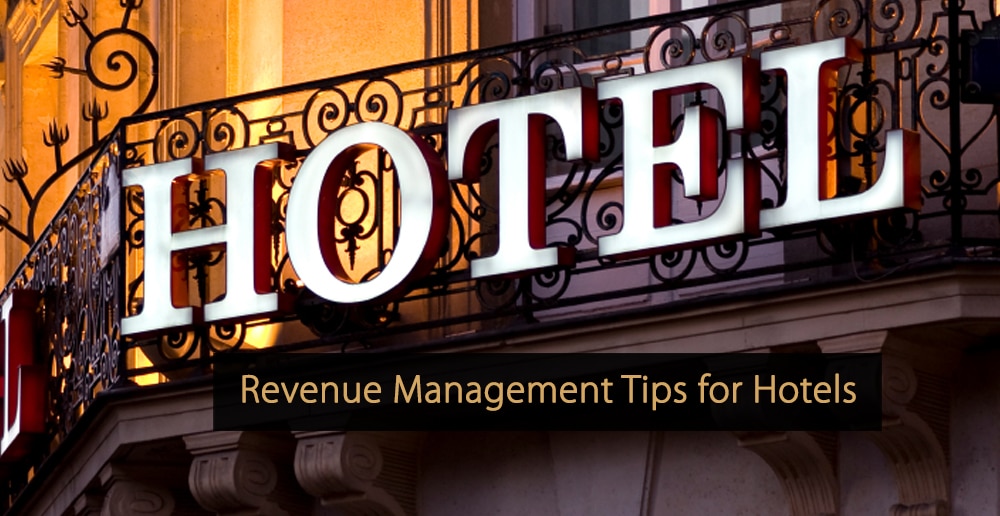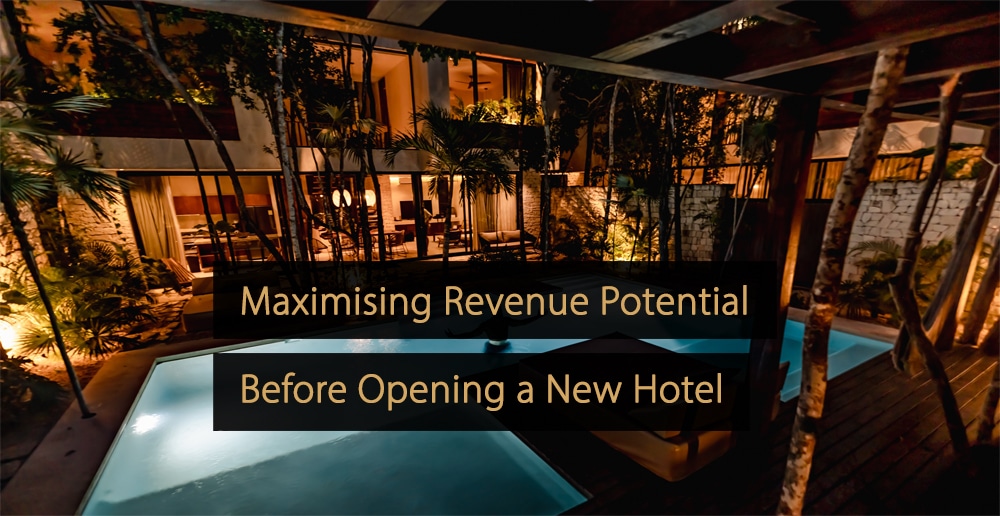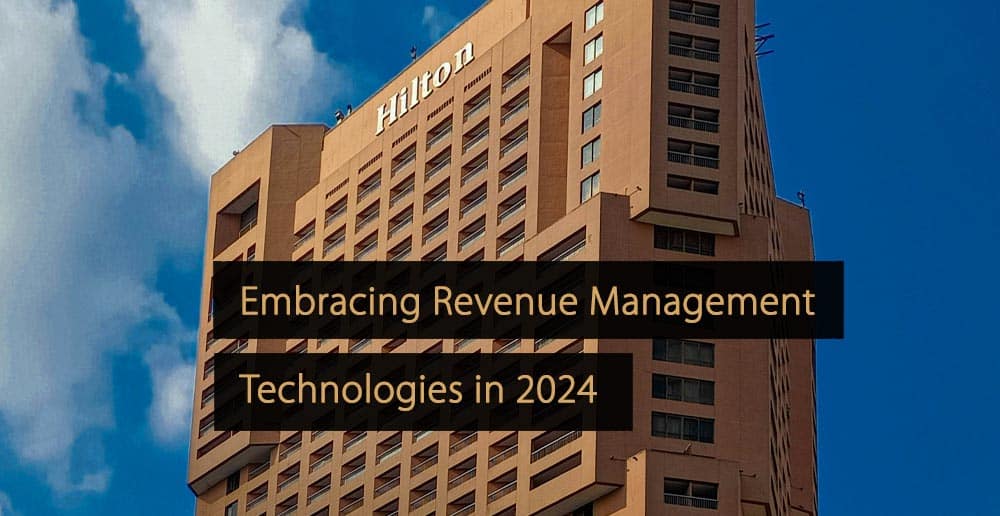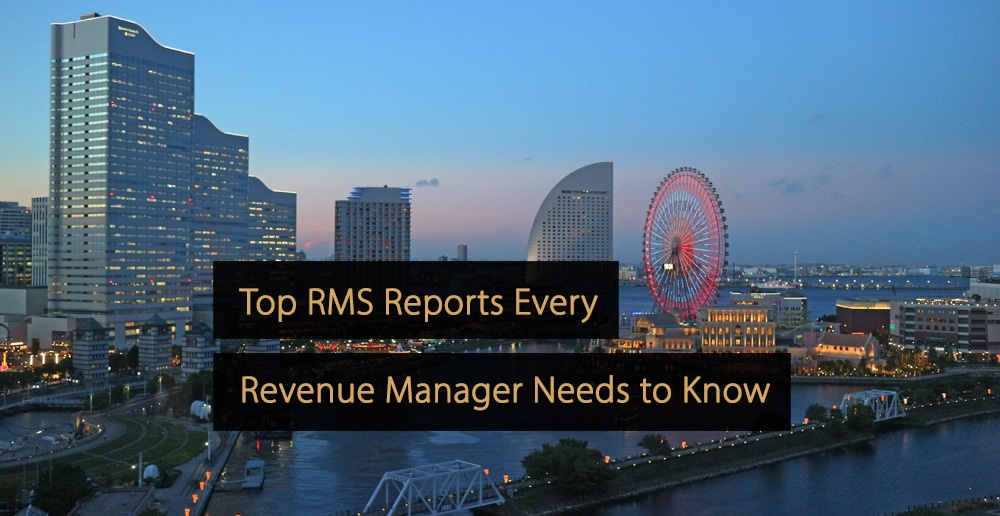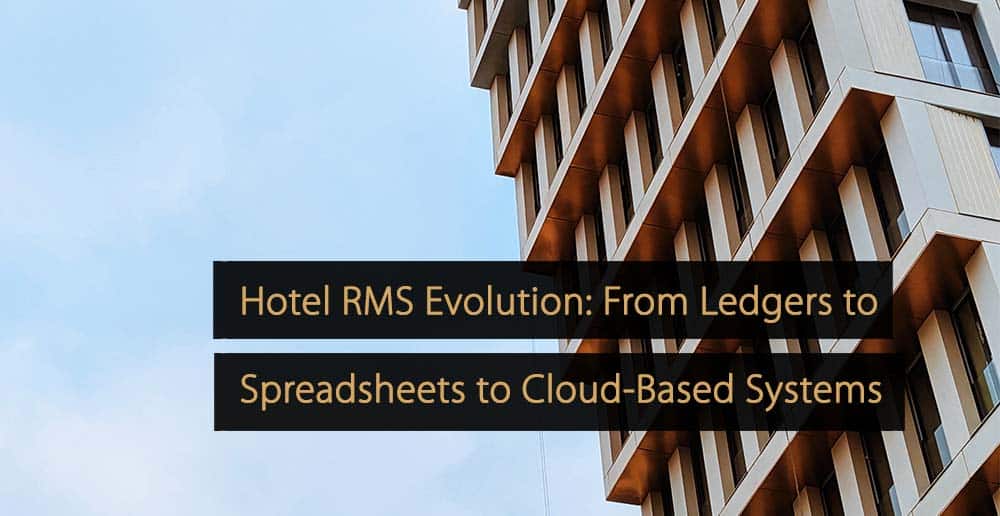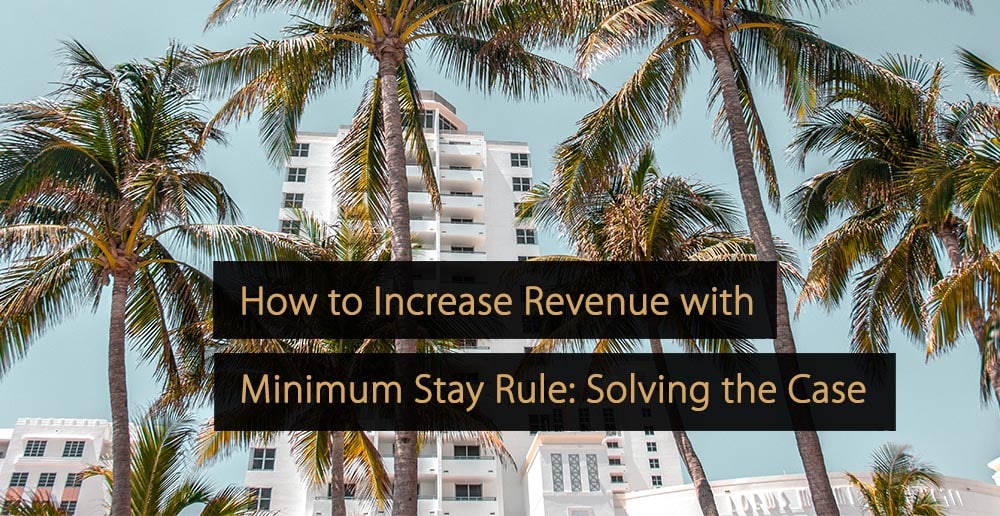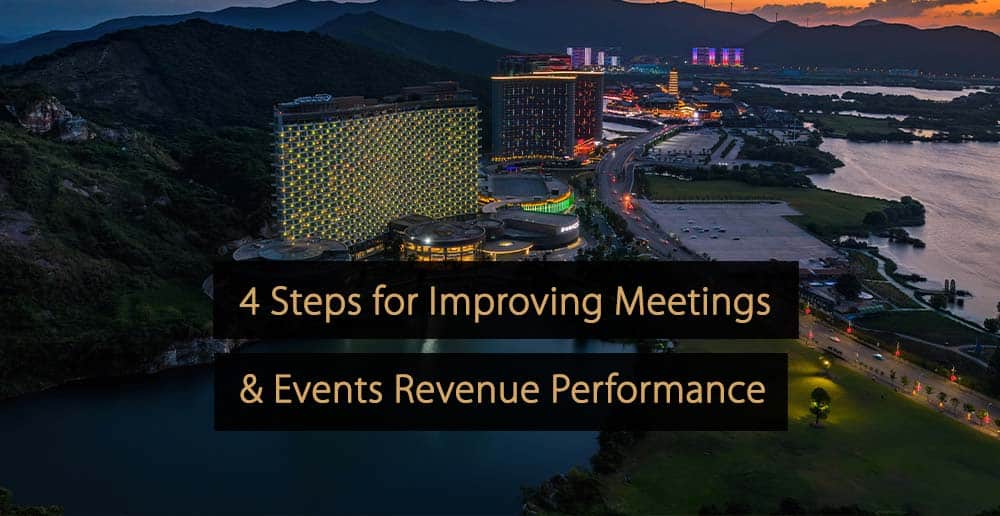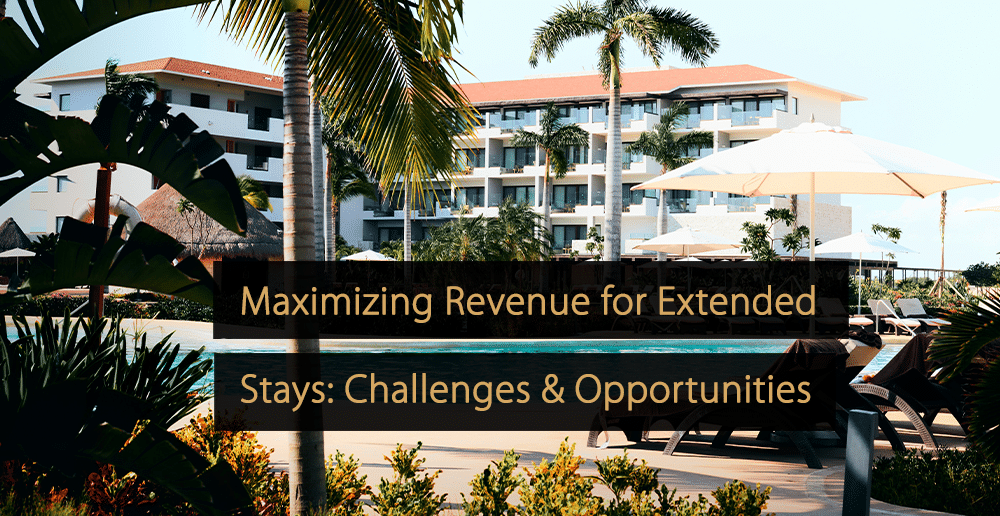20 Revenue Management Tips for Hotels
Revenue management within the hospitality industry involves predicting consumer demand to optimize sales, allowing businesses to sell at the right price to the right customer at the right time. In a hotel, this may mean turning away business now to do more profitable business tomorrow. When carried out correctly, revenue management can be extremely effective, helping companies significantly boost their profit margins. Here, we provide 12 revenue management tips for hotels. Table of Contents: 1.
5 Revenue Management Tips for Beach, City, Mountain, or Countryside Hotels
As a hotelier, you know your hotel faces unique revenue management challenges. Your location, primary types of travelers, and the season of the year all play into profitable pricing strategies. This article addresses specific ways to improve your revenue and profitability, regardless of location or seasonality. Revenue Management Tips for Beach, City, Mountain, or Countryside Hotels Some of these tips are essential to savvy revenue management practices regardless of location or seasonality. For instance, the
Tips for Maximizing Revenue Potential Before Opening a New Hotel
Opening a new hotel or resort property is thrilling and daunting. Wherever you are on your new hotel journey, it's never too soon to assess your revenue optimisation needs. Your new hotel's revenue management approach will play an impactful role at every stage of development, from staffing decisions to tech budgets to sales, marketing, and distribution tactics. Pre-Opening Considerations Given the rapid change in modern market conditions, hotels and resorts should develop a comprehensive commercial
Embracing Revenue Management Technologies in 2024: A Guide for Progressive Hoteliers
As we navigate through 2024, the hospitality sector is undergoing a transformative phase, heavily influenced by the integration of cutting-edge technologies and innovative strategies. These changes are pivotal in not only enhancing guest experiences but also in driving revenue maximization. One noteworthy trend is the increasing adoption of revenue management technologies in the hotel industry, a movement gaining momentum in recent years. Why Are Hotels Embracing Revenue Management Technologies? The growing interest in revenue management
Do Small Hotels Need a RMS? How to Overcome the 6 Challenges?
As a hotelier, you have a lot on your plate. From taking care of your staff and guests to managing your online presence, bills and housekeeping - it’s no easy task. But even so, it is imperative you do not overlook one of the most important things to manage: your hotel revenue. In this article, you will learn what the advantages are of a revenue management system (RMS) for smaller hotels and how it helps
Top RMS Reports Every Hotel Revenue Manager Needs to Know
Revenue managers have no shortage of data at their fingertips. To visualize that data in an understandable and actionable way, here are some top RMS reports that every revenue manager should be familiar with. RMS Reports Every Hotel Revenue Manager Needs to Know Below you'll find the top revenue management reports that every revenue manager should be familiar with to visualize data understandably. Pace Report The pace report reveals how well your pricing strategies are
Hotel RMS Evolution: From Ledgers to Spreadsheets to Cloud-Based Systems
While the evolution of all hotel operational technologies has been a fascinating study, the evolution of hotel revenue management systems (RMS) has been particularly interesting, as it has gone through so many distinct and completely different phrases in a relatively short time (approximately the last ten years). RMS Transformation - From Ledgers to AI Cloud Systems Through this evolution, revenue management systems have transformed how hotels manage their pricing, availability, and distribution – an operational
How to Increase Revenue with Minimum Stay Rule: Solving the Case, Sherlock Holmes Style.
Imagine yourself as the Sherlock Holmes of hospitality, piecing together clues to solve the case of boosting your hotel’s revenue. One of the intriguing clues? Minimum stay restrictions. This strategy might seem simple, but when used correctly, it can open the door to higher occupancy rates and increased revenue. In
4 Steps for Improving Meetings & Events Revenue Performance
Revenue leaders across the globe devote a considerable amount of their efforts to driving room revenue performance. It’s an understandable decision, given that rooms are the obvious staple of any hotel operation and there are only so many hours in a day. 4 Steps for Improving Meetings & Events Revenue
How to Measure The Profitability of Your Hotel Business
Profitability is a business's ability to generate earnings from its operations over a given period. Various methods, known as profitability ratios, gauge a business's overall profitability. This article explains the different profitability ratios and explains how revenue management can positively impact profitability. Insight in Profitability Ratios Profitability ratios provide insight
Maximizing Revenue for Extended Stay Accommodations: Challenges and Opportunities
Extended stay accommodations and serviced apartments represent a small but fast-growing portion of the European hospitality sector, with the market projected to grow (1) at CAGR of 12.3% from 2024 to 2030. The segment’s relatively rapid growth should come as no surprise as more travelers are booking trips that blend
How to Maximize Hotel Revenue by Applying Open Pricing to Upselling
You probably already know that adjusting your room rates based on demand fluctuations can boost your revenue. But have you ever thought of applying this approach to upselling? And what about taking things yet another step further and using the principles of open pricing on upselling as well? Keep reading
How Can Hotels use Micro-segmentation to its Full Potential?
Question for Our Revenue Management Expert Panel: How can hotels use micro-segmentation to its full potential? At what point does it become too "micro" to be valuable and what tips can you share for achieving success? (Question by Pablo Torres) Our Revenue Management

